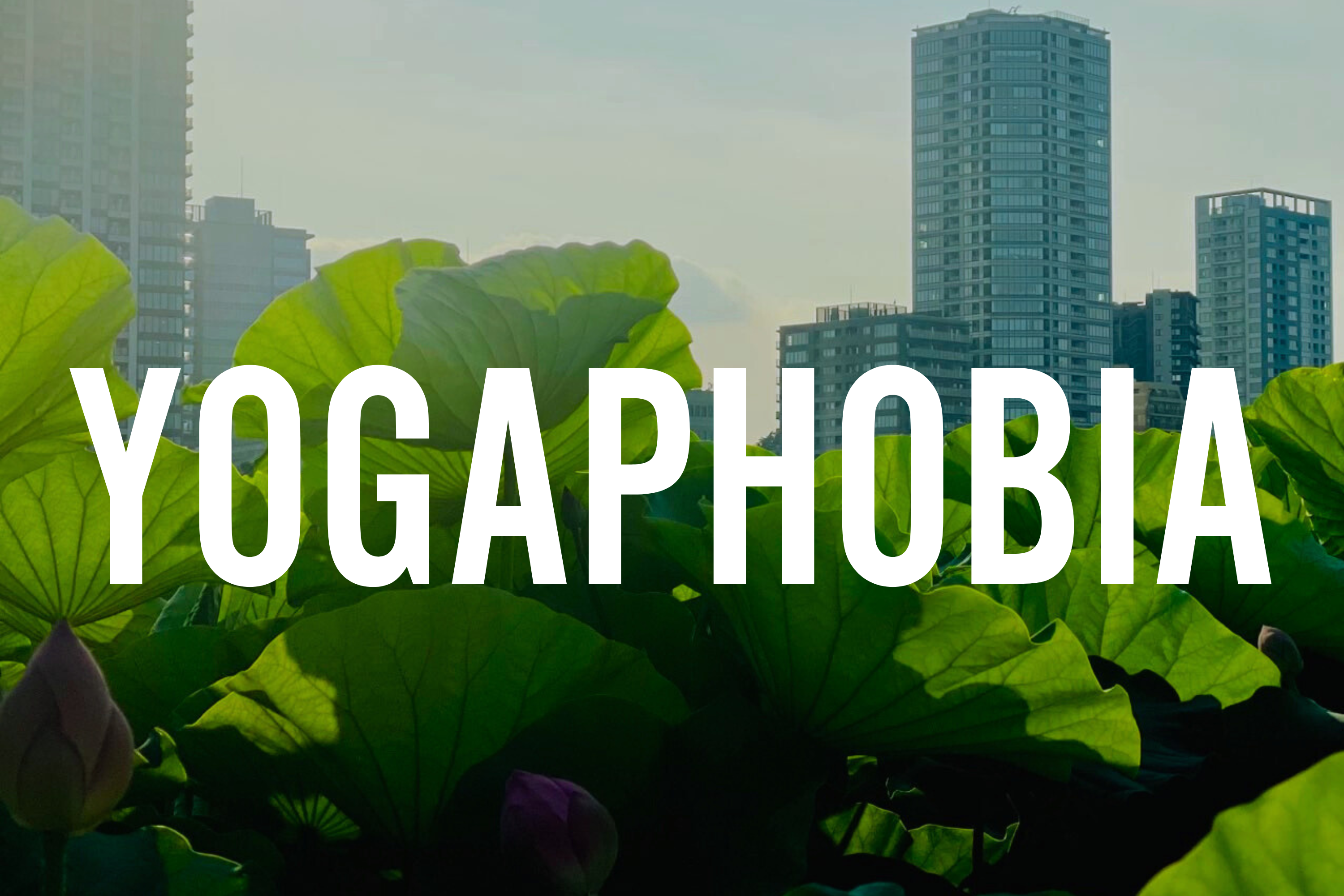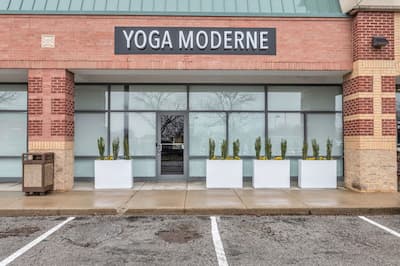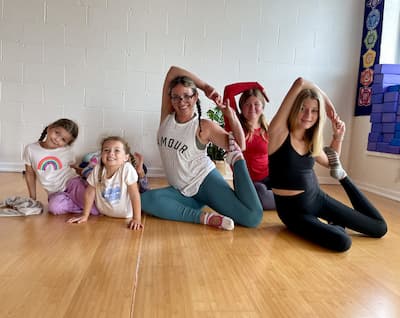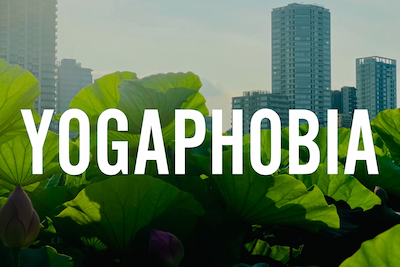· Philosophy · 4 min read
Yoga and Faith Traditions — Embracing Spiritual Diversity
Explore how yoga intersects with various faith traditions, addressing common concerns and promoting a diverse understanding of spiritual practice.

One of our owners comes from a liturgical Christian faith tradition. She had often repeated words in services without worrying. In her yoga classes in Brooklyn in 2006, she became worried about whether singing “Om” would compromise her salvation. Her concern was sincere.
18 years later, she would tell you how she has experienced God’s love in the devotion of coming to her yoga mat.
She has become more interested in the histories of different faiths and their many paths to truth. A new concern developed: was practicing yoga without following the same faith traditions as its teachers a form of cultural or religious appropriation? Which religion is yoga?
Almost all historians agree that yoga originated on the Indian subcontinent among people we would now describe as Buddhist, Jainist, and Hindu. We’ve shared before about Sufi Muslim yoga practices, described in writing as early as the late-1500s. Even earlier, hathayoga teachers were confronting the same question we address now: do I have to be a certain faith to practice yoga?
“Whether a Brahmin, an ascetic, a Buddhist, a Jain, a Skull-Bearer or a materialist, the wise one who is endowed with faith and constantly devoted to the practice of yoga will attain complete success. Successes arise for one who is devoted to the practice, how can it arise for one who does not practice?” - Dattātreyayogaśāstra, 41a-42b (13th Century CE).
The direct point of the passage is that you have to practice. The indirect point, though, is that people of all faith traditions can practice.
Through re-examination of its earliest texts, and a more critical understanding of the development of modern postural yoga in the 1930s, yoga has come to be regarded as a philosophy, which is not closed to one faith or another. One of the many ways that colonization divides people is in over-simplifying indigenous beliefs. What are not particularly sectarian faith traditions (like “Hinduism”) become so through the lens of the colonizer. An early textual source on yoga comes from the entourage of Alexander the Great from 4th Century BCE: the people seem to be ascetics. Later recordings, spanning the first to tenth centuries, describe tantric schools including the Kundalini tradition. Within this broad brushstroke, it is still true that Hinduism and Buddhism are important to yoga.
Some of you reading this may think that we have sidestepped your fears by focusing on how yoga’s teachers have accepted students of different faith traditions. You may be wondering if yoga is acceptable to your faith tradition and not the reverse.
You might find posts on the internet, for example, saying that the Catholic Church has banned yoga. The Pope has declared that yoga won’t bring you close to God, the articles read.
So we had to see for ourselves what Pope Francis actually said in 2015:
“You can follow a thousand catechism courses, a thousand spirituality courses, a thousand yoga or Zen courses and all these things. But none of this will be able to give you the freedom as a child (of God).”
Now none of that is particularly controversial, is it? And look at the activities the Pope has put in parallel.
So if the point is not that yoga is bad, what is his point? We’d encourage you to look up the homily yourself to read more.
Returning to our subject, while emphasizing that yoga is a philosophy and not a religion, we would discourage anyone from jumping to the further conclusion that ethics or spirituality aren’t critical components of yoga. You may hear yoga described in some communities as fitness or exercise. If that is what you are after, just like catechism courses won’t bring you kneeling to the feet of God, neither will sweating on your mat, without more. Irrespective of their faith tradition, most yoga teachers understand that the ethical practices of yoga are the most important part of yoga, to becoming—as some might say—“Docile when it comes to the freedom to love.”
Interested in learning more? Contact us or try a class.
Overland Park, Kansas
Almost always online, from anywhere.



